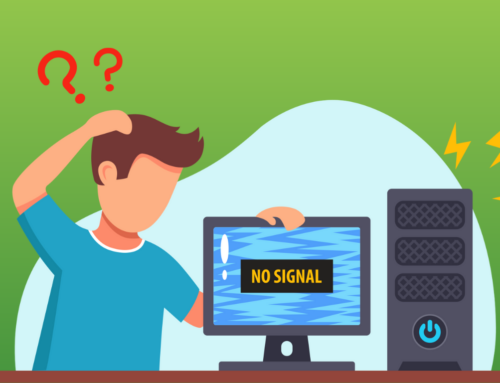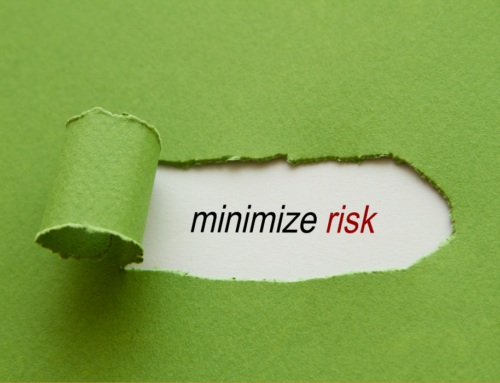Identity theft is on the rise, upwards of 50% since last year, and according to online security blogs like Infosecurity Magazine, a large slice of this hike can be accredited to social media. On sites like Facebook, Twitter, and Instagram, people are sharing just as they always have, but identity thieves are simply learning to dig a little better.
Take a moment to think about what you have listed on your Facebook profile. Is your phone number connected? Do you have a close-up selfie as your designated profile pic? Does it state your place of birth and birthdate? Have you listed your family members, previous jobs, or past schools? Together, this information can be used to steal your identity and ruin your life. In fact, Frank Abagnale, conman turned FBI agent, once asserted that he could take your identity as his own with nothing but your name, birthdate, and place of birth – three things nearly everyone has on their social media profiles.
If your profile isn’t private, then anyone (including Frank Abagnale) has access to this type of personal information. And if you have a habit of accepting random friend requests, that’s a potential in, as well. But according to Vocativ, sharing personal details online is a normal thing to a lot of people, and the younger you are, the more normal this gets. At this point, only half of young adults even consider the security of their online data. The rest? They share whatever with whomever.
Obviously, this isn’t such a good way to go about living, unless you’re just itching for a stolen identity. So here’s what we suggest:
- Keep your date and place of birth off your social media profiles. There’s really no need to have any of that online for people to see. Are a few birthday greetings on Facebook really worth the financial struggles of identity theft?
- Keep your profiles as private as possible, especially on Facebook. For social platforms like Twitter and Instagram, mainly consider the content you post with your photos. Don’t give away too much personal information.
- Consider sharing posts or photos that contain private content in a direct message with another person or a group of people. Don’t blindly share a private post for all of Facebook or Instagram to see. Again, the likes and comments simply aren’t worth it.
- Only accept friend requests from people you know. It’s tempting to approve someone for the sake of pumping up your friend count, but that’s not a good idea. Even if you approve a friend request and then go back later to verify the account, that can be a bad idea, as well. It only takes a few minutes for a cyber-criminal to sniff through your account and pick up the things they need from you. Don’t give them that opportunity.






